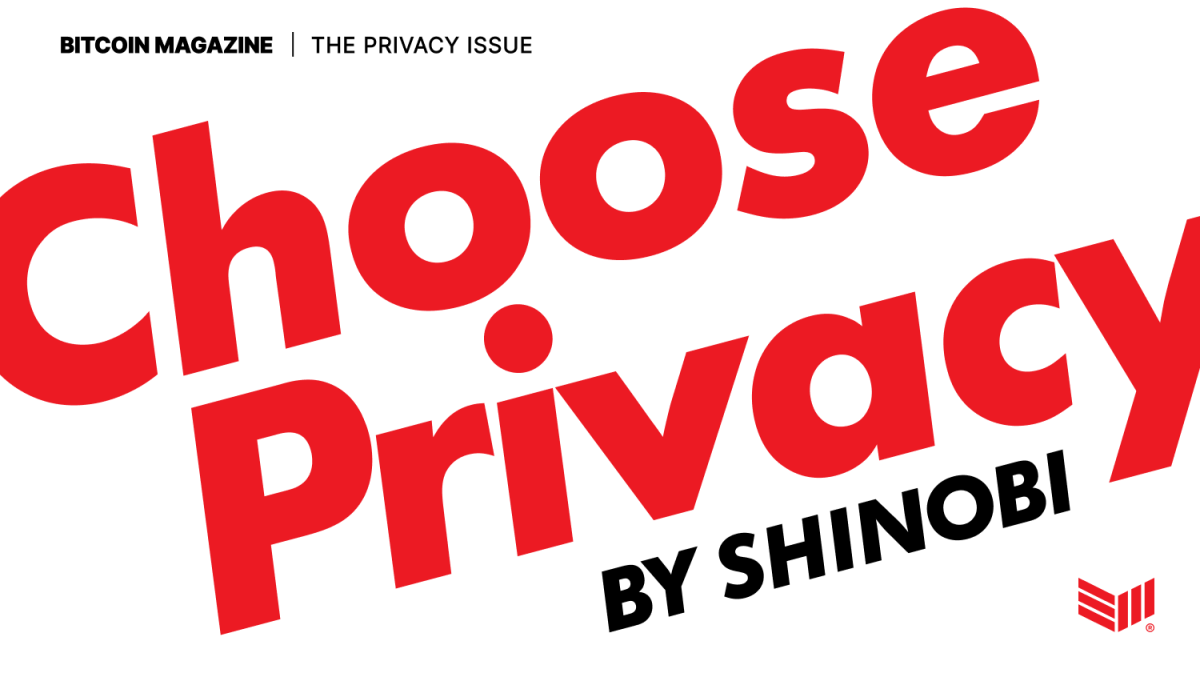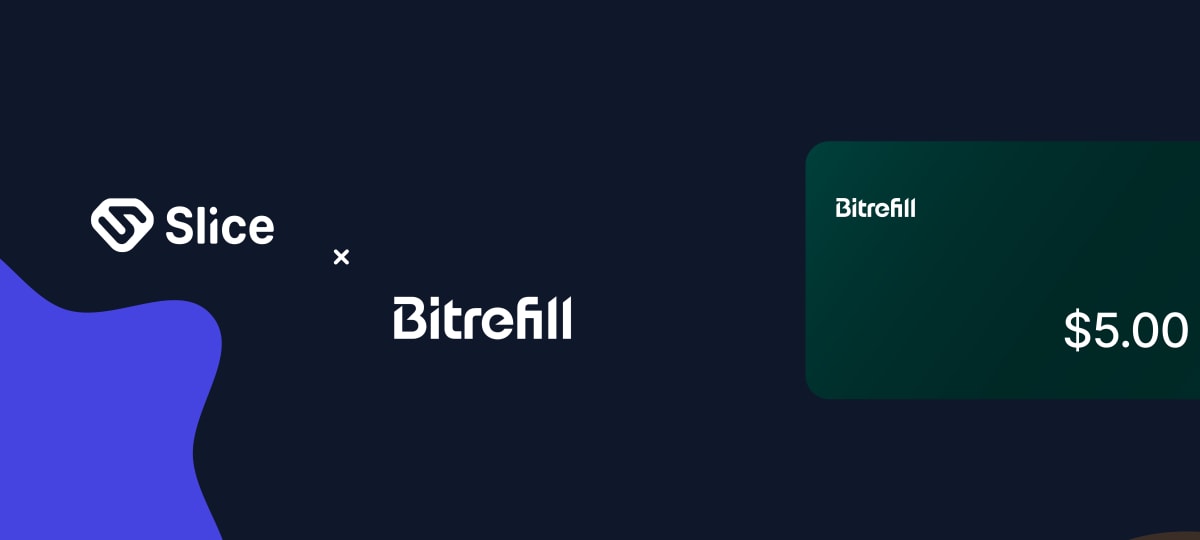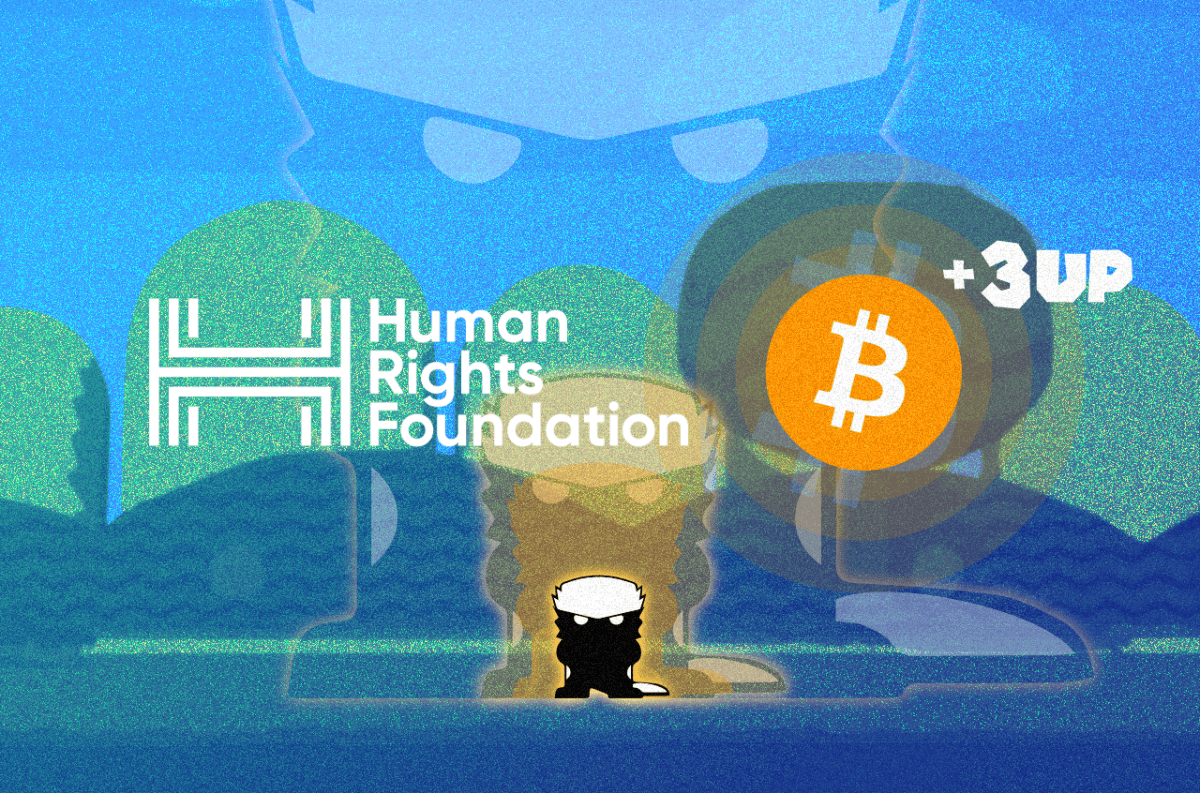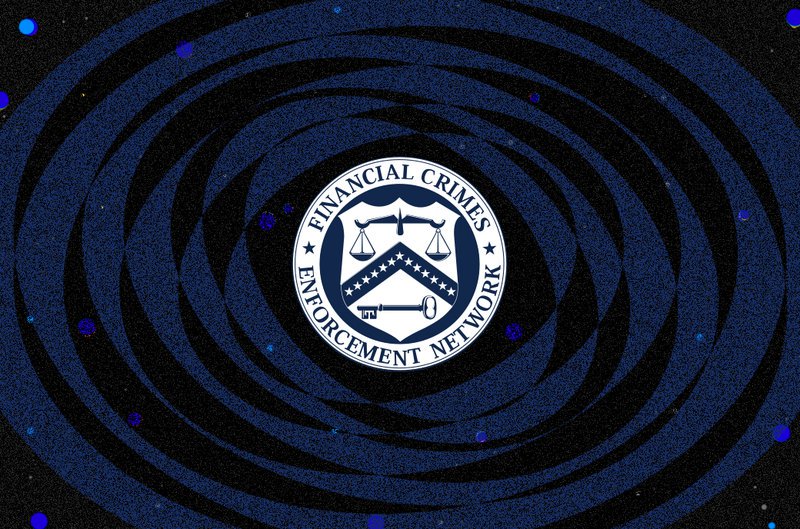Perhaps the most important quality of Bitcoin is its ability to provide financial freedom and sovereignty from third party authorities like central banks and governments. In parts of the world, this means the chance to opt out from inherently inflationary and reckless economic policy. In others, it means that Bitcoin can serve as a lifeline from fundamentally broken societies and oppressive regimes.
As a nonprofit protecting basic freedoms and privileges for people around the world, the Human Rights Foundation (HRF) has been promoting these benefits of Bitcoin for some time, recently launching a fund to financially support Bitcoin developers focused on its privacy layers. Now, the group is teaming up with Bitcoin custody solution provider Casa to spread the original cryptocurrency in the places it is needed most.
Casa announced today that it will be participating in HRF workshops to help nonprofits and activists around the world better utilize the original cryptocurrency.
“Non-profit organizations such as independent media outlets, environmental groups, anti-corruption activists and pro-democracy movements face many financial difficulties when working in societies ruled by repressive regimes,” according to a press release on the partnership from Casa. “Not only can activists and NGOs find it very difficult to access traditional banking services, but governments and banks can freeze their accounts or block access to their funds.”
Casa offers premium bitcoin security and sovereignty products that leverage measures like multisig, hardware wallets and risk diversification to secure bitcoin, while emphasizing that users should control their own private keys. In the release, Casa noted that its expertise in this space will be critical for those who hope to leverage BTC and opt out of government-controlled financial systems in certain regions.
“Bitcoin has enormous potential to help activists raise funds to fight human rights abuses in difficult political environments, but storing it in a safe yet accessible way has always been a challenge,” said Alex Galdstein, the chief strategy office for HRF, per the release. “With software like Casa, organizations can keep their bitcoin secure while maintaining full control, without the risk of losing funds due to a mistake. It’s critical that activists control the private keys to their bitcoin, so they can always get their funds to where it’s needed, when it’s needed.”
Casa also announced that it will be helping HRF manage its bitcoin-based donations and the grants it will be awarding through its recent Bitcoin development fund.
The partnership could make significant process in proving that, when managed correctly, bitcoin is the best form of free money ever created.
“As long as it’s protected within a highly-secure self-custody solution, Bitcoin enables activists to receive and spend funds in a way that governments and corporations can’t control,” said Casa CEO Nick Neuman, according to the release. “Bitcoin also provides significantly more freedom for moving funds around the world and, since it’s not subject to the fees and friction of international transfers, more money is available more quickly to fund projects that make a real difference.”
The post How the Human Rights Foundation and Casa Hope to Improve Bitcoin Sovereignty Around the World appeared first on Bitcoin Magazine.









